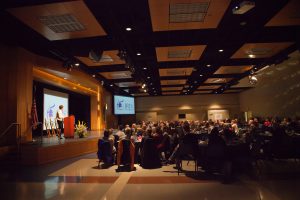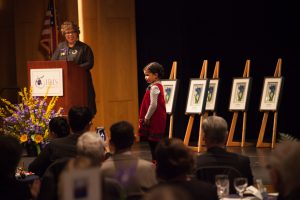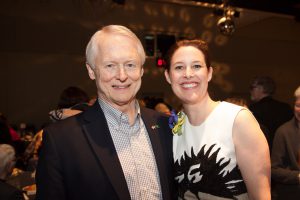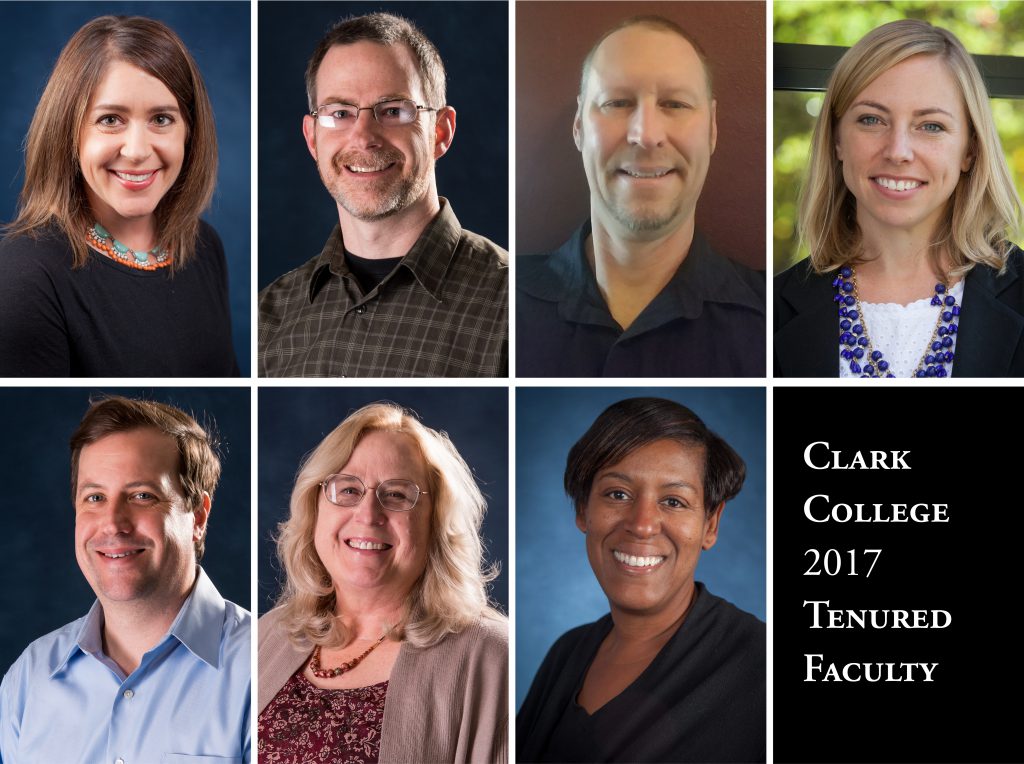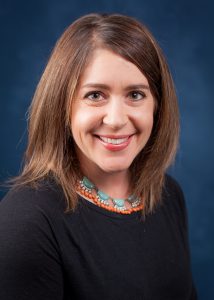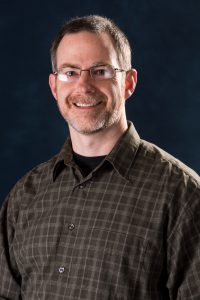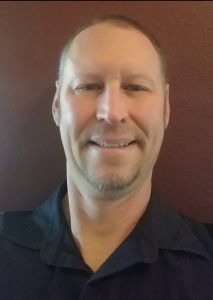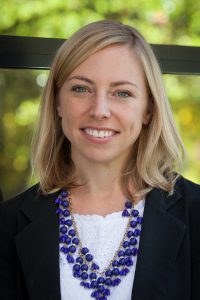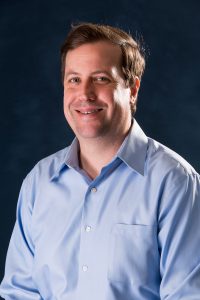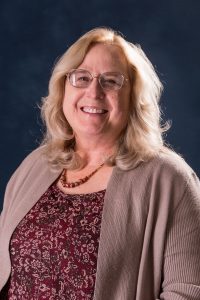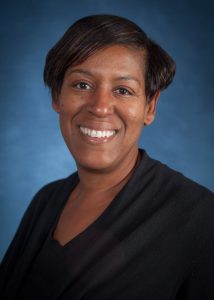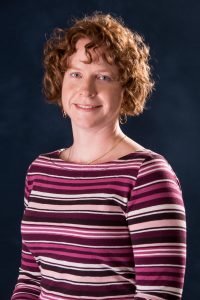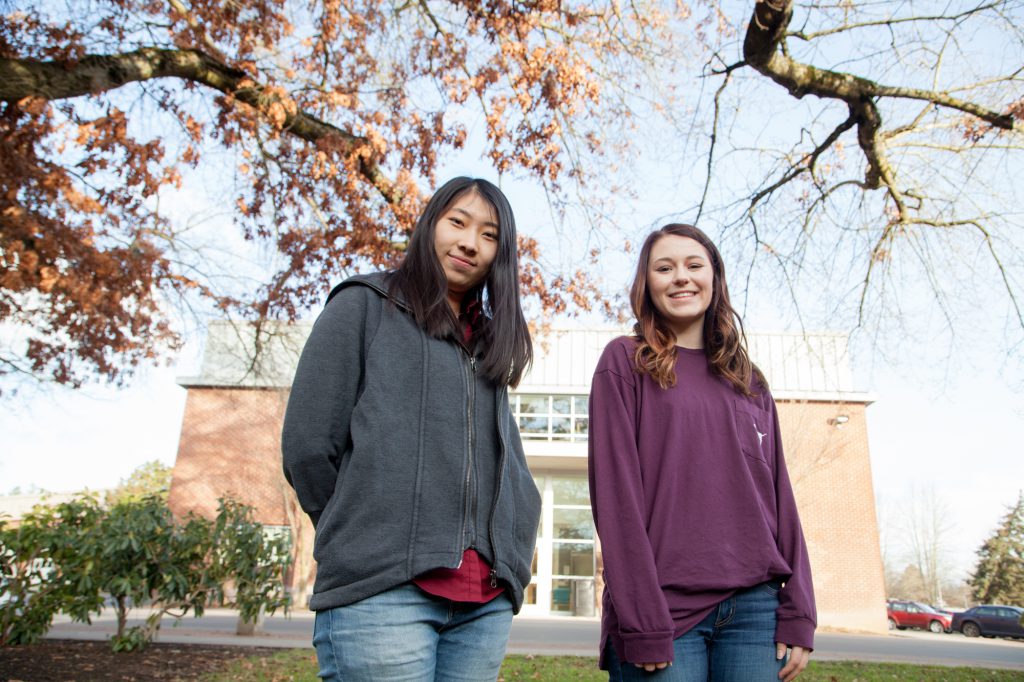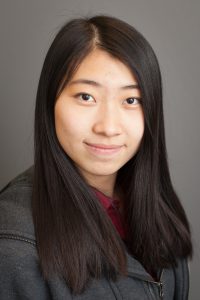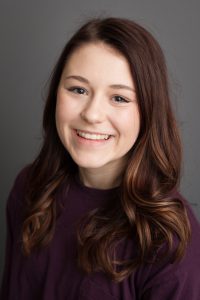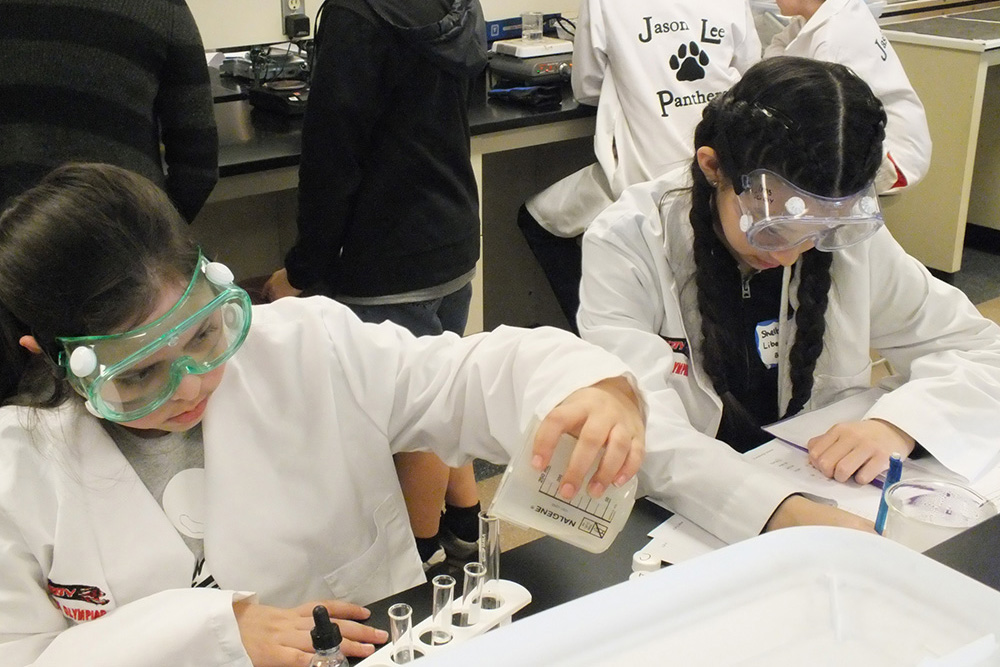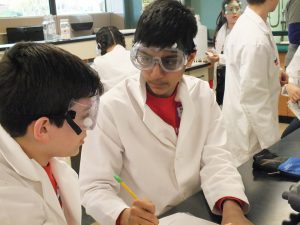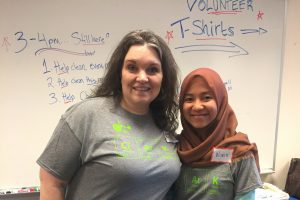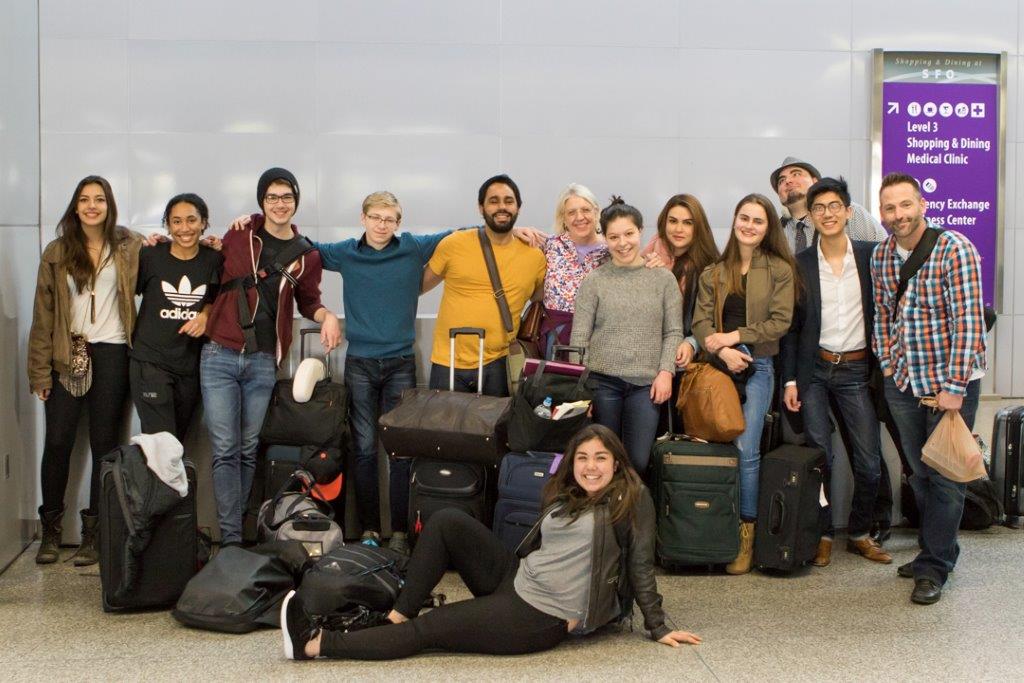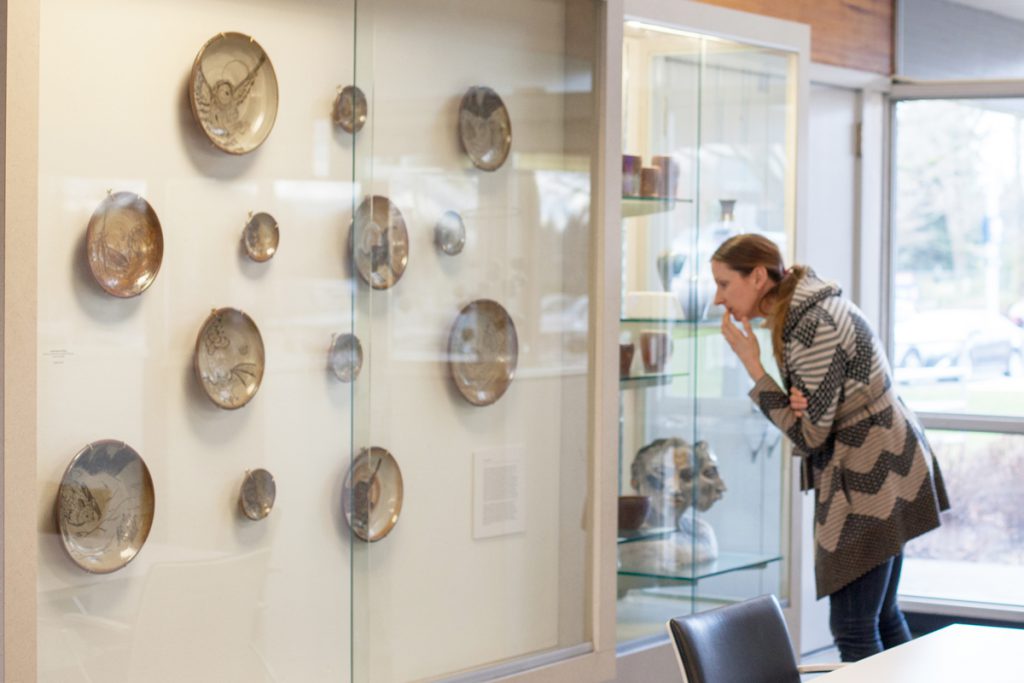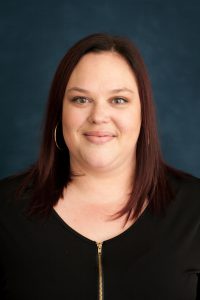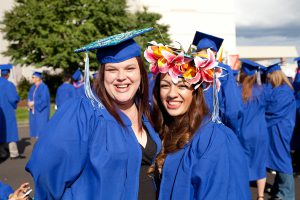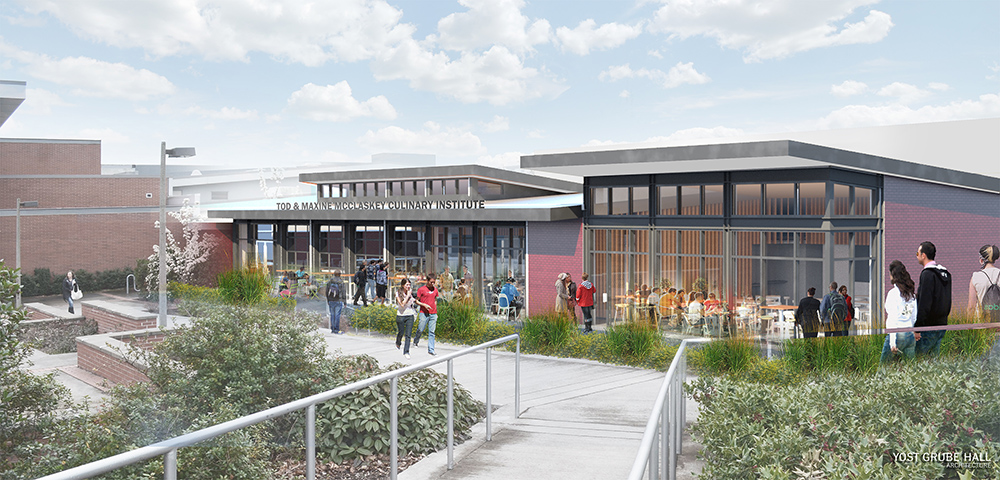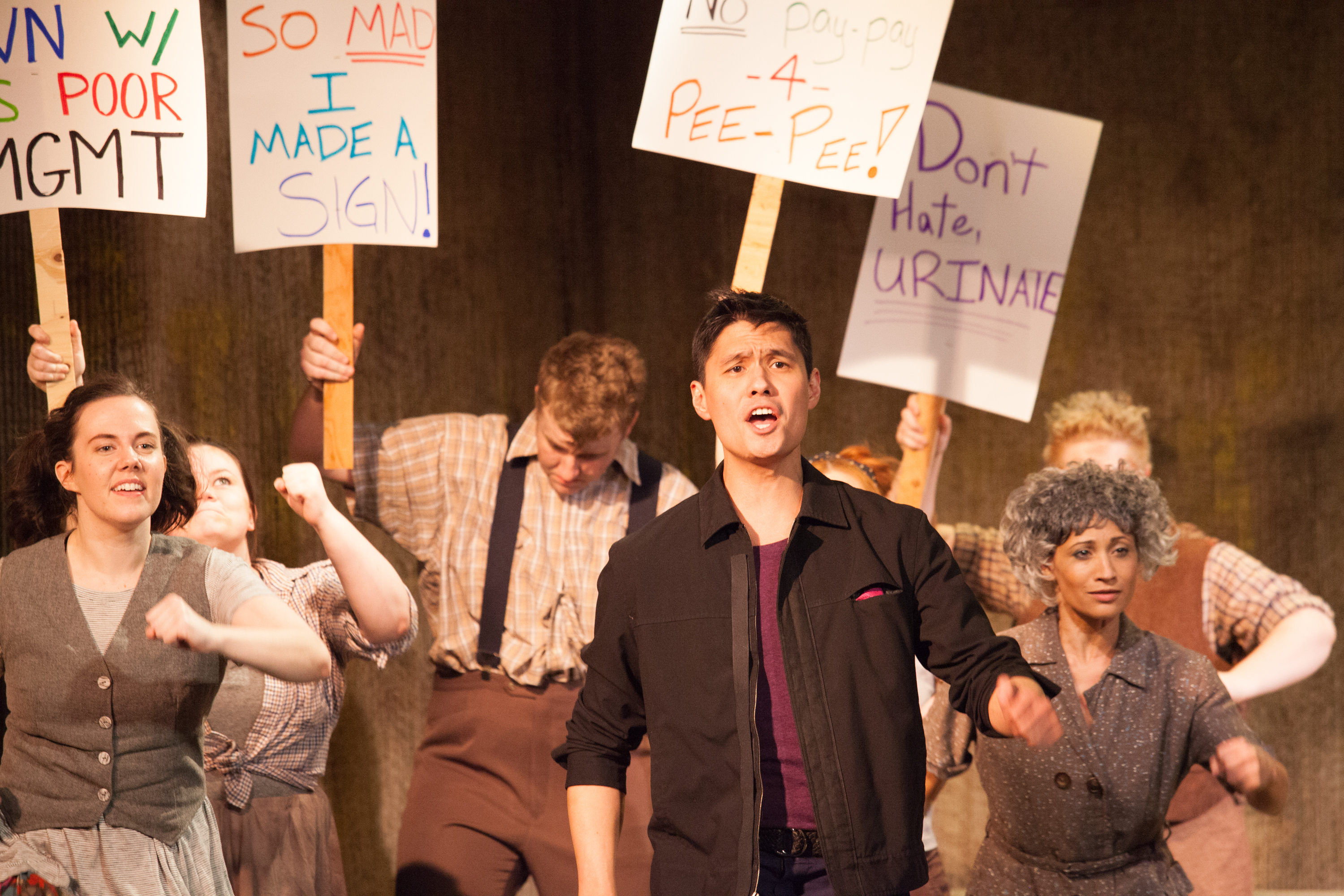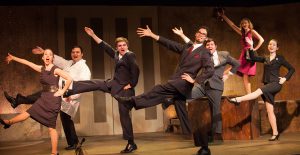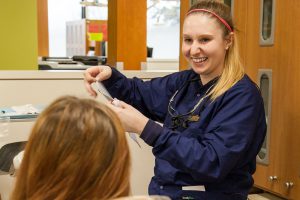Honoring women leaders

Honorees with their nominators, left to right: Jody Campbell, Rhona Sen Hoss, Temple Lentz, Jim Mains, Deena Pierott, Paul Speer, Carolyn N. Long, Lisa Schauer, Judie Stanton, and Jane Johnson.
On March 8, while people around the world celebrated International Women’s Day, members of the local community gathered in Gaiser Student Center to honor five women’s contributions to Southwest Washington at the 2017 Iris Awards.
Guests enjoyed refreshments and light fare provided by Beaches Restaurant as they celebrated the honorees. Ceremonies began with greetings from Clark College Chief Information Officer Chato Hazelbaker and President Bob Knight, after which the evening was turned over to emcee Renee Newman, who introduced speeches by both the honorees and their nominators.
This year’s Iris Award recipients were:
- Jody Campbell of The Columbian
- Temple Lentz of Cascade Sotheby’s International Realty and High Five Media
- Deena Pierott of iUrban Teen and Mosaic Blueprint
- Carolyn N. Long of Washington State University Vancouver
- Judie Stanton of the League of Women Voters of Clark County
This annual ceremony has a long tradition in this community. The event began in 1985 as a photography exhibit during Women’s History Week, which later developed into a larger awards program and ceremony known as the Southwest Washington Women of Achievement Awards. In 2012, the event was reintroduced as the Iris Awards with the same core mission: honoring the women of Southwest Washington for their outstanding contributions in the categories of public, private, and philanthropic service.
The 2017 Iris Award Recipients
Jody Campbell
The first honoree to take the stage was Jody Campbell, who joined The Columbian at 21 years old and is now the newspaper’s co-owner, editorial board member, and director of community partnerships. As director, Campbell supports hundreds of nonprofit organizations in Southwest Washington by providing a platform for promotion and exposure of their important work in the community.
“In my role as The Columbian’s Community Partnerships Director, I’m able to give back on a different level,” said Campbell, as she was presented with her award. “This includes having the unique opportunity to give away money every year to local nonprofits through advertising partnerships. The programs we offer provide the support necessary for them to thrive in Southwest Washington.”
Campbell’s generous spirit extends beyond her work at The Columbian. Along with her friend, Rhona Sen Hoss—a previous Iris Award honoree who presented Campbell with her award at the ceremony—Campbell co-founded Pink Power, an annual fundraising event that helped build the Kearney Breast Care Center at PeaceHealth Southwest Medical Center.
Temple Lentz
Next, an award was presented to community advocate and marketing professional Temple Lentz. In her decade-plus of living in Southwest Washington, Lentz has made a sizeable impact on the region.
Lentz is a business director for Cascade Sotheby’s International Realty, as well as a partner and director of content and communications for High Five Media, a political and marketing consulting firm. High Five Media produces the popular live talk show, “Hello Vancouver!” which Lentz co-created and hosts on a regular basis.
From her former days as the anonymous blogger behind the satirical website The Daily ‘Couve to the current host of “Hello Vancouver!” Lentz has long shown herself to be a champion—and sometimes good-humored critic—of all things Vancouver, said High Five Media partner Jim Mains, who presented Lentz with her award.
In her previous role as executive director of the Parks Foundation of Clark County, Lentz facilitated close to $1 million in grants and donations for local parks and recreation programs over a year and a half period, according to Mains.
Lentz’s love of Vancouver shone through as she received her award.
“When I got here [to Vancouver], I finally felt like I was home. … There are good people here who work together to make a difference,” Lentz said. “I am endlessly impressed by our community, and I am impressed by the dedication of the people here to make their home a better place. Not just for now, but for generations to come.”
Deena Pierott
Next on stage was Deena Pierott, the founder and executive director of iUrban Teen, a nationally recognized program providing career-focused education and mentoring to underrepresented teens. Pierott is also the president and CEO of Mosaic Blueprint, a boutique consulting firm specializing in recruiting, multicultural communications, and equity and inclusion training.
“For me to work in diversity, equity, and inclusion work was a natural—that was my calling,” said Pierott as she received her award. “And with iUrban Teen, making sure that these youth, who don’t usually have access to information or jobs, making sure that they are exposed to these opportunities and they are given every opportunity like everyone else, that they’re being included—to me, that’s success.”
While Pierott’s work has been recognized by many organizations, from Ebony Magazine to the White House, she had never received an award in her hometown, and she expressed how meaningful it was to have her family attend the Iris Awards ceremony. As Pierott spoke of her family, she invited her young granddaughter, Leila, to the stage and spoke directly to her.
“In honor of International Women’s Day, Leila, I have a message for you,” she said. “I hope that one day you will recognize what this honor is for your grandmother, and that you will recognize the path that I am laying out in front of you. We are the dream of our ancestors. We’re standing on their shoulders. And it’s our responsibility to honor them by moving forward in life with grace, purpose and integrity.”
Dr. Carolyn N. Long
A new addition to the 2017 ceremony was the Iris H-RoC award, presented to Washington State University Vancouver political science professor Dr. Carolyn N. Long. This award category honors women in the community who have promoted civil discourse, teamwork, collaboration, and cooperation. H-RoC, a non-partisan political action committee dedicated to the advancement of women leaders in Southwest Washington, sponsored this award.
“We’re proud to be recognizing tonight the contributions of a pioneer, a champion, and an advocate for civil discourse,” said H-RoC member and previous Iris Award honoree Lisa Schauer as she introduced Dr. Long.
Recently, Dr. Long was named the Sam Reed Distinguished Professor in Civic Education and Public Civility. In 2015, she helped launch the Initiative for Public Deliberation, a program sponsored by WSUV and the Thomas S. Foley Institute that brings together the community to foster discussions on difficult issues.
“I want to thank you for this award, but I actually think my receiving it is less important than what the award actually represents. And what it represents is a community identifying the issues of incivility in our politics and how damaging that can be to our political culture.”
Dr. Long said she sees a way through political rancor and encouraged attendees to have conversations with and listen to one another, especially when holding differing viewpoints.
Judie Stanton
The ceremony concluded with the presentation of the second annual Iris Legacy Award to Judie Stanton. This award category honors a previous Iris or Women of Achievement award recipient whose continued leadership remains an enduring inspiration for others. Stanton was first honored in in 2002 as a Woman of Achievement for her leadership as a Clark County Commissioner.
Currently, Stanton is the co-chair of the League of Women Voters of Clark County, where she runs board meetings, provides direction and oversight, and represents Clark County at various regional levels within the organization. In 2014, Stanton was appointed by Governor Jay Inslee to the state of Washington’s Commission on Judicial Conduct.
“It has been my good fortune to be a member of many boards and organizations over the years,” said Stanton as she spoke about her community service work. “I’ve learned from every experience. [Being a member of the League of Women Voters] provides a great education in civics, civility, and the value of inclusiveness. I would encourage all of you to take advantage of learning experiences available through your involvement with boards and organizations.”
For more information about the Iris Awards, visit clark.edu/cc/irisawards.
View photos from the event on our Flickr page.
Photos: Clark College/Jenny Shadley
